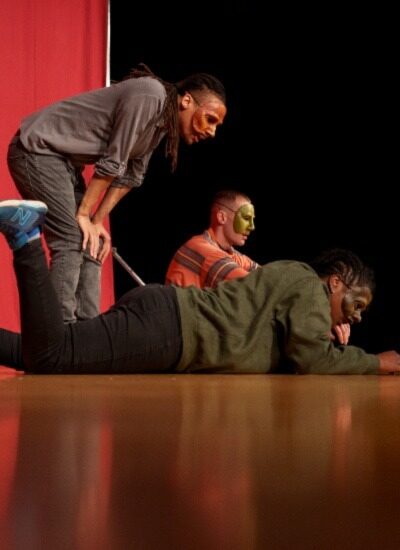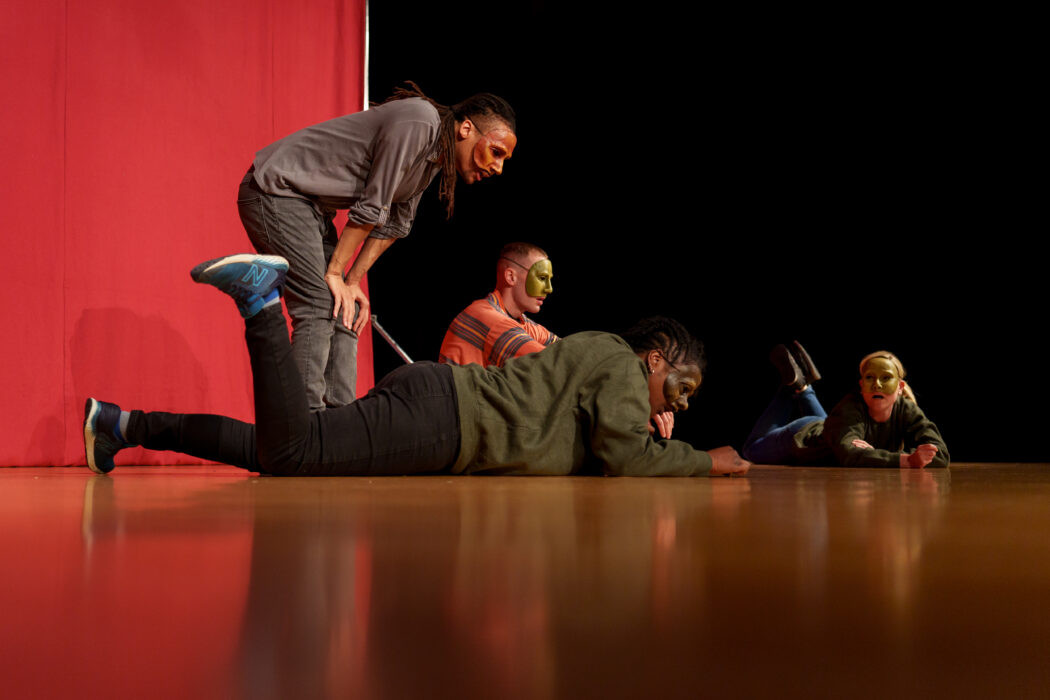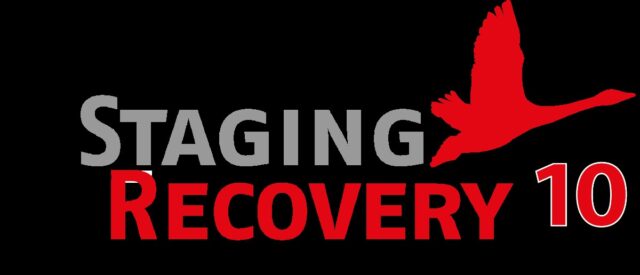

Supporting Theories

Research indicates that experiential methods are at the heart of effective practice. Projects should incorporate a range of learning styles and provide individuals with opportunities to practise new skills in safe and supportive environments.
The theories
Take a closer look at some of the theories and perspectives that underpin our work:
Role Theory
Suggests that much of human interaction can be understood by considering the roles and scripts we perform as we go about our daily lives. This concept allows individuals to consider which roles would be useful to develop,and which they might want to leave behind.
Social Learning Theory
Describes how new skills are best taught through an interactive process and offers a framework for helping people to develop new skills in a conscious and structured way through rehearsal and skills practice.
Cognitive Behavioural Theory
Provides a framework for understanding the ways in which our fundamental beliefs and attitudes affect our thinking, our feelings and, ultimately, our behaviour.
Desistance
Identifies the factors that might support and sustain the process of abstaining from crime. Many of these factors are embedded into our theatre and drama practise, including building positive social ties and disrupting negative identities.
Trauma Informed
An understanding of trauma and its impact and a commitment to working in a way which avoids re-traumatisation and supports an individual’s coping strategies so they can safely engage in our projects.
Strengths Based
Seeing people holistically, not as a series of problems to be solved or deficits to be fixed. Working collaboratively with people, always in the knowledge that they are experts in their own lives.
Role Theory
Suggests that much of human interaction can be understood by considering the roles and scripts we perform as we go about our daily lives. This concept allows individuals to consider which roles would be useful to develop,and which they might want to leave behind.
Social Learning Theory
Describes how new skills are best taught through an interactive process and offers a framework for helping people to develop new skills in a conscious and structured way through rehearsal and skills practice.
Cognitive Behavioural Theory
Provides a framework for understanding the ways in which our fundamental beliefs and attitudes affect our thinking, our feelings and, ultimately, our behaviour.
Desistance
Identifies the factors that might support and sustain the process of abstaining from crime. Many of these factors are embedded into our theatre and drama practise, including building positive social ties and disrupting negative identities.
Trauma Informed
An understanding of trauma and its impact and a commitment to working in a way which avoids re-traumatisation and supports an individual’s coping strategies so they can safely engage in our projects.
Strengths Based
Seeing people holistically, not as a series of problems to be solved or deficits to be fixed. Working collaboratively with people, always in the knowledge that they are experts in their own lives.
Have more questions?
Contact us if you’d like to find out more about commissioning a project with Geese.
Contact Us
